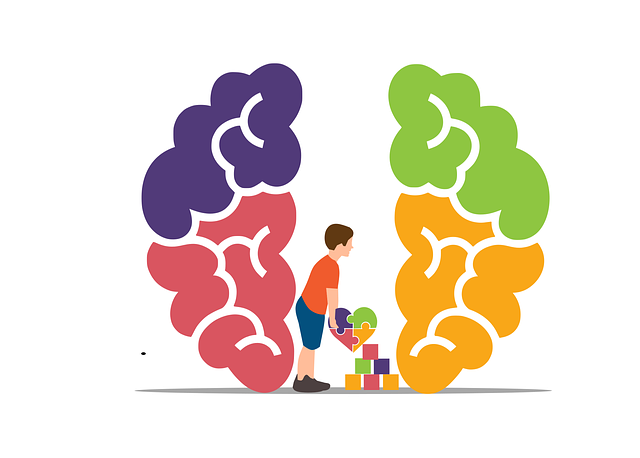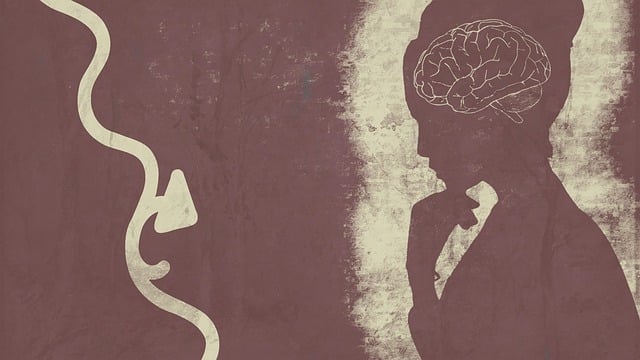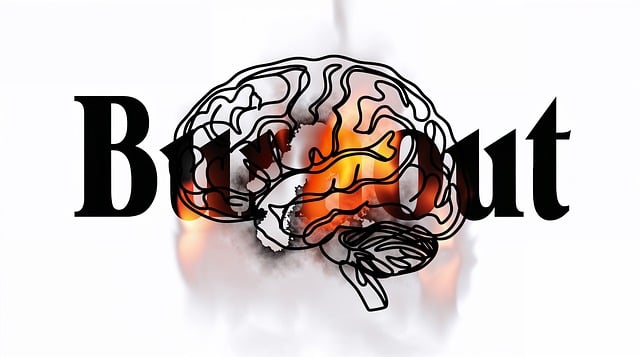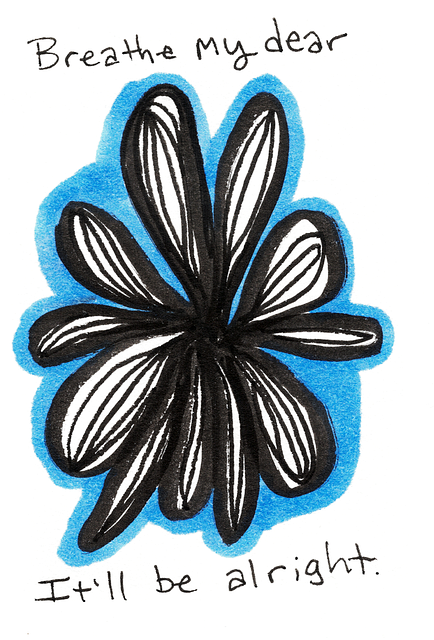Mindfulness meditation serves as an effective therapy for adults depression, offering a holistic approach through training attention, fostering calm, and enhancing self-compassion. Creating a dedicated space and adopting a mindset of self-care are crucial. Techniques like mindful breathing and structured meditations improve emotional intelligence and self-awareness, enabling better mental health management. Integrating mindfulness into daily life benefits individuals seeking long-term well-being, strengthening resilience, social skills, empathy, community support, and combating negative thought patterns.
Discover the transformative power of mindfulness meditation as a therapy for adults dealing with depression. This comprehensive guide offers practical steps to unlock the potential of your mind. From understanding the fundamentals of mindfulness and preparing your space to advanced techniques and integrating it into daily life, each section equips you with tools for lasting well-being. Take control of your mental health and embark on a journey of inner peace and resilience.
- Understanding Mindfulness Meditation for Depression Relief
- Preparing Your Space and Mindset for Effective Practice
- Techniques and Exercises to Master Your Meditation
- Integrating Mindfulness into Daily Life for Lasting Well-Being
Understanding Mindfulness Meditation for Depression Relief

Mindfulness meditation has emerged as a powerful tool in the realm of mental health support, particularly for adults dealing with depression. This ancient practice focuses on training one’s attention and awareness to bring a sense of calm and clarity to the present moment. By fostering a deeper connection with oneself, individuals can learn to observe their thoughts and emotions without judgment, which is crucial for managing depressive symptoms.
Depression often involves a constant stream of negative thoughts and a sense of disconnection from one’s own feelings. Mindfulness meditation acts as a form of therapy by providing a space for individuals to cultivate self-compassion and acceptance. Through regular practice, one can enhance their ability to navigate life’s challenges with resilience and develop healthier coping mechanisms. This approach is supported by various Mental Health Policy Analysis and Advocacy studies that highlight the effectiveness of mindfulness in alleviating symptoms of depression, alongside boosting confidence and even improving community outreach program implementations aimed at holistic well-being.
Preparing Your Space and Mindset for Effective Practice

Creating a dedicated space and cultivating the right mindset are essential steps in preparing for effective mindfulness meditation practice, especially for adults dealing with depression. Your environment plays a significant role in setting the tone for your inner work. Consider transforming a quiet corner of your home into a sanctuary where you can retreat during meditation sessions. Keep it free from distractions; ensure good lighting and temperature to create a comfortable atmosphere. A calm, organized space can enhance focus and make each practice more profound.
Mentally, approach mindfulness as a tool for self-care and therapy. Cultivate a sense of curiosity and non-judgmental awareness. Let go of expectations and embrace the present moment. This mindset shift is crucial when navigating mental health challenges like depression. Remember, effective risk management planning in mental health involves creating safe spaces, both physical and mental, where individuals can explore their emotions without fear or pressure. Cultural sensitivity and resilience building are also integral aspects of this process, allowing for a more inclusive and beneficial meditation practice.
Techniques and Exercises to Master Your Meditation

Mastering mindfulness meditation involves exploring various techniques and exercises designed to enhance focus, emotional regulation, and overall well-being—all crucial components in managing symptoms of depression and fostering better mental health. One fundamental practice is mindful breathing, where individuals concentrate on inhales and exhales, cultivating a sense of calm and grounding. This simple yet powerful exercise can be particularly beneficial for adults navigating depression by promoting emotional intelligence and self-awareness.
Additionally, guided meditations offer structured pathways to explore different mindfulness practices, from body scans to loving-kindness meditations. These tools aid in developing a consistent self-care routine for better mental health management. By integrating regular meditation into daily life, individuals can learn to observe thoughts and emotions without judgment, fostering emotional regulation skills that extend beyond the meditation cushion and into everyday challenges.
Integrating Mindfulness into Daily Life for Lasting Well-Being

Integrating mindfulness into daily life offers a powerful therapy for adults suffering from depression and seeking lasting well-being. It’s not just about finding moments to meditate; it’s about cultivating a mindful mindset that permeates every aspect of your routine. Start by incorporating simple practices like conscious breathing during mundane tasks, such as eating or walking. Pay attention to your senses, savoring the flavors, textures, and scents around you. This heightened awareness can help break negative thought patterns and promote emotional balance.
Beyond individual benefits, mindfulness fosters resilience building and enhances social skills training. By practicing presence in interactions, you become more attuned to others’ needs and better equipped to navigate relationships. Mindfulness also encourages empathy and compassion, fostering a sense of connection and community—crucial elements for combatting depression and nurturing overall mental health.
Mindfulness meditation offers a powerful therapy for adults suffering from depression, providing a practical tool for managing symptoms and enhancing overall well-being. By creating a tranquil space, adopting an open mindset, and exploring various techniques, individuals can embark on a journey of self-discovery and healing. Integrating mindfulness into daily life allows for sustained mental clarity and emotional resilience. This holistic approach, backed by scientific research, empowers folks to navigate life’s challenges with grace and equanimity.














